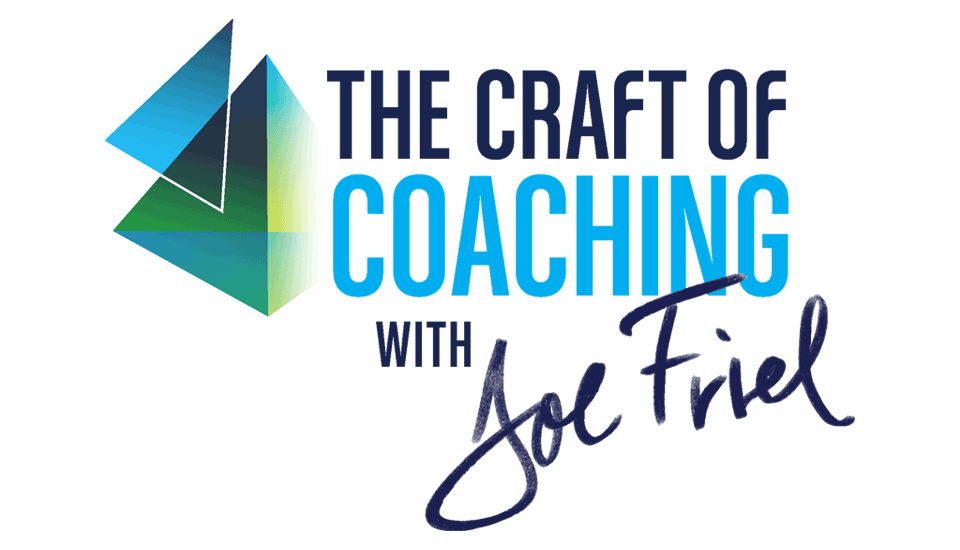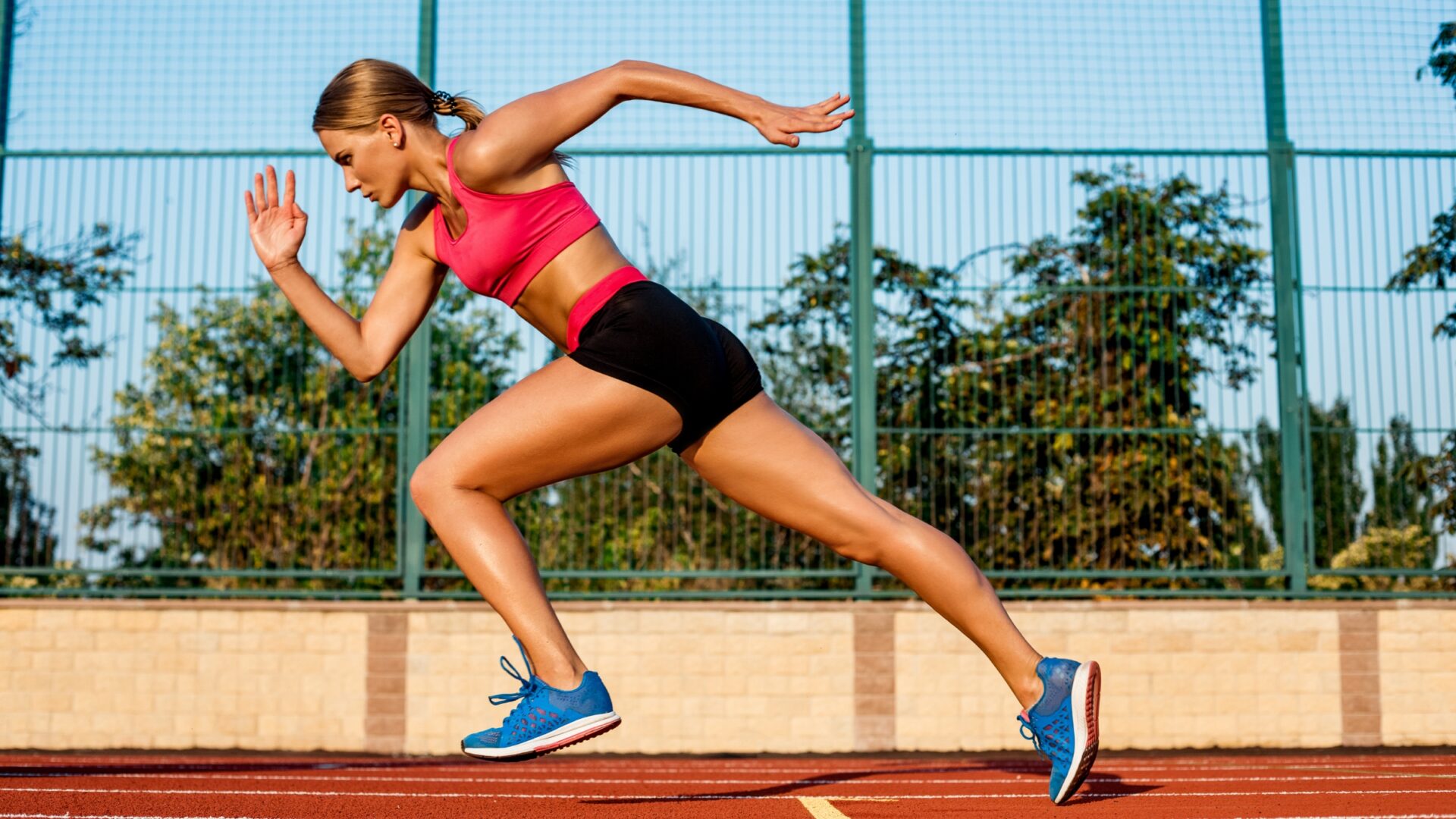I could be a better coach. I suspect it’s the same for you. After all, there’s never been a perfect coach—each of us has shortcomings and limitations. There’s a lot of aspects of coaching that we don’t fully understand. I’ve been thinking about this a lot since I embarked on The Craft of Coaching, and I have concluded that my greatest weakness as a coach pertained to sport psychology and the mental side of sport. I could have been much better in this area. I’d suggest many coaches are in a similar situation.
Early in my career I resolved to read one sport science research paper daily to keep up with the advancements in sport science. I kept a written record of what I read as categorized references in case I found myself facing a related situation. The focus of these research papers has typically been the physiology of exercise, training methodology, and sports nutrition.
Initially, there was little available on the psychological model of performance, outside of the occasional piece. Sport psychology was rarely given anything more than lip service. Most coaches agreed it was important but there was little dedication to studying or implementing it. What could be found was of limited value. Most of us experimented a little, trying different things to see what motivated the athlete, for example. That’s changed. As have I. The study of sport psychology and the mental side of performance has emerged as a fascinating topic. Sport psychology is currently being shown as at least the equal of physiology in athletic performance.
The athlete’s mental preparation for competition has been shown to play a much greater role in performance than most any of us have believed. The current scientific research on the mental aspects of athletic performance is fascinating. I would have been a much better coach if I had a broader knowledge of sport psychology throughout my career. The purpose of this Craft of Coaching module is to help you grow your understanding of the psychology of sport, and I think you’ll be a better coach if you take the time to explore these ideas.
Balance what you know about physiology with sport psychology
I’m sure there are many coaches who would argue that the physiology of sport is more important for coaches than the psychology of sport. And looking at how endurance sport’s national governing bodies (NGBs) educate and prepare coaches, it would seem that the answer must be “yes”—physiology is first and foremost in coach training. Sport psychology, on the other hand, plays a distant and minor role with NGB-sponsored coach education programs. Coaches are expected to understand the Krebs cycle, but there is little to no emphasis given to sport psychology processes or theories. Don’t get me wrong, understanding how the Krebs cycle affects metabolism is certainly a worthy learning experience for an endurance coach. However, there seems to be a significant imbalance in how coaches of endurance sport are trained when it comes to physiological and psychological performance determiners.
As NGBs catch up to the current trends, I suggest that you make it a personal challenge to learn more about the mental side of training athletes for high performance. Read books on the topic. There are many. Check out the research papers on sport psychology (you can easily find related topics at PubMed). Search online for related topics that interest you. With this module I hope to help you get started on the path of understanding the importance of sport psychology in training your athletes. I am confident that the time you invest in learning will pay off in your coaching practice.
Can we really train the brain?
For example, there is much to be learned from current scientists such as Samuele Marcora, Ph.D., who studies how endurance performance is limited by the athlete’s mental perception of effort, and not necessarily the commonly accepted physiological determiners of performance such as muscle fatigue, acidic changes in body fluids, or reduced energy stores. He has shown through extensive research that mental fatigue plays a significant role in how the athlete performs. Marcora proposes that what he calls “brain endurance training” is a way of increasing the athlete’s resistance to fatigue.1 This involves combining mental fatigue with physical fatigue in training for the athlete to greatly improve athletic performance.
But all is still not settled in this area of sport psychology. Tim Noakes, Ph.D., has presented an opposing view of how and why athletes experience fatigue. Noakes hypothesizes that the brain acts as a “central governor” when racing and training, thus limiting our drive to go beyond perceived fatigue in order to be physically safe and not endanger the heart or other physiological systems.2 This is just one example of the many compelling topics at the forefront of mental performance and sport. Both perspectives are fascinating to read about and have the potential to play a key role in how you train your clients.
The psychology of performance, motivation, and athlete development
This module explores the black box of performance. Some of the topics we will explore are commonly those that coaches avoid, maybe because they are difficult to measure or seemingly out of our control. While we will look beyond physiology, we know that both psychological and social realities impact the athlete’s physiology and performance. It’s all connected.
I want to introduce you to the experts you will hear from in this module. We kickstart this module with Andy Kirkland, PhD, a professor of Masters Level Sports Coaching at the University of Stirling in Scotland. Kirkland demonstrates how to prescribe training from a biopsychosocial approach. Chances are high that you already incorporate some of these sessions and strategies. Find out why they work.
Dr. Julie Emmerman, a clinical sport psychologist, will take on the topic of emotional intelligence, as it applies to the coach and the athlete. She describes how a coach can use self-awareness to become more conscientious in working with athletes, and when coaches should reach out for help from a sport psychologist.
We will also explore the topic of motivation, and what to do when it goes wrong, with coach and performance psychology consultant Rob Griffiths. I’ve worked with Rob for more than 20 years and know him to be one of coaching’s leading authorities on athlete mindset and motivation. He presents a case study on how he used motivational interviewing to help one of his athletes change her approach to sport. I think you’ll find it compelling, both personally and professionally.
Coaches can use sport psychology to cultivate client retention and stronger coach-athlete relationships. Mental performance coach Jeff Troesch shares what he has learned about how trust and commitment factor into the pursuit of performance.
By now you probably know about my love of history. There’s a lot of wisdom in the coaches who came before us. While they lacked the technology we enjoy today, their training methodologies reveal valuable insights on performance, and in this case, sport psychology. I will introduce you to Percy Cerutty, an iconic Australian running coach of the 1950s and 1960s, who had a unique way of producing some of the top runners of his day. Not only did his coaching style honor the athlete’s autonomy, he considered lifestyle and sports performance as synonymous.
I hope you come to realize through this module that physiology, while certainly a valuable tool, is not enough. I propose that you will greatly improve your athletes’ performances (and simultaneously grow your business) by refining both their physical training, and their mental preparation. Understanding what your athletes are experiencing mentally goes well beyond what most of us have been taught as coaches. I hope this module gets you started in growing the psychological side of your coaching skills.
References
- Martin, K., W. Staiano, P. Menaspa, T. Hennesey, S. Marcora, R. Keegan, K.G. Thompson, D. Martin, S. Halson, and B. Rattray. (2016) Superior Inhibitory Control and Resistance to Mental Fatigue in Professional Road Cyclists. PLoS One 11 (7) doi: 10.1371/journal.pone.0159907.
- Noakes, T. D. (2000). Physiological Models to Understand Exercise Fatigue and the Adaptations that Predict or Enhance Athletic Performance. Scandinavian Journal of Medicine & Science in Sports 10 (3): 123–145.





